Can United Airlines really Destroy your Credit?
Last week we broke the story about United Airlines’ attempt to enhance their customer’s take their clients to the cleaners. Clients who are heavy users of a technique called “hidden city ticketing” are being sent letters from United, demanding payments for the flights that they took in order to save money on flights.
Stop reading now and go back and check out the original post first. It’ll give you a primer on exactly what happened.
It wasn’t enough for United to simply ask for the money or they would have forced the client to leave the Mileage Plus program, or even be ban them from flying United. They decided to go as far as saying that if you didn’t send a check, they would pursue collections on your debt.
If you do not make the requested payment, United Airlines reserves its right to take further action, including submitting United’s claim to an outside collection agency, terminating your MileagePlus membership and/or refusing to transport you on future flights in accordance with Rule 21 of the Contract of Carriage. If you have questions regarding this letter, feel free to contact me via MPCompliance@united.com
As much as you and I, and everyone else in America, try and build their credit by doing things the right way, any threat to ruin that credit should be taken seriously.
As with most posts, the true conversation and intrigue comes out in the comments. There’s a couple of threads to go down here, and I want to encourage everyone to continue the threads in the comment section of this post as well.
Is this a debt?
Can United attempt to collect a debt that isn’t actually a debt? You don’t owe United any money technically. You don’t enter into any sort of a debt with United Airlines when you fly, but nonetheless you are skirting their rules to get lower fares.
User Anita comments:
There is no debt so they cannot send it to collections. And the consumer has rights. He can complain to the DOT and he can also sue. And also why did United wait so long to say anything to him about skiplagging? I actually love this because it makes United look bad and they’ll definitely chase customers away.
And Robert Moore adds in:
Yes, fraud is fraud, but the courts have ruled that this practice is not fraud. It is merely travelers taking advantage of loopholes in the (ridiculously complex) fare structures created by the airlines. The case does have similarities with the case of the doctor who was dragged off a United flight some months ago. In both cases, the airline was within their rights, but also in both cases, the amount of money involved is trivial compared with the negative publicity they get out of it.
Alex Ashton:
The airlines’ ticket pricing policies are a practice of systematic fraud to begin with, so circumventing it should never be illegal or subject to lawsuits or collections. They deliver a service A –> B –> C that costs them more to deliver than A –> B, and yet they charge LESS for it? Is this really something they want in the news each day as lawsuits and collections proceed?
And lastly, Jo added:
Although they may have lost revenue on a flight from destination A to B assuming that the flight was not completely booked, as they often are, United in no way lost revenue from X to Y to Z with someone getting off at Y. The customer paid for the entire trip at the price that flight was booked at. By not having that seat filled but paid for still led to the same revenue if that seat and been filled to the final destination.
How United could Avoid This
There’s plenty of ways that United could avoid this hidden city ticket SNAFU. It’s obvious that it creates more bad press and potentially opens themselves up to more legal trouble by going down this road. So, what can they do to stop this in the first place?
Ken says:
… My take on this is to ban airlines charging more than a certain percent than the direct flight. Incentivizing and making people connect through a hub and travel more by offering a cheaper price for longer flights with connections is a classic example of negative externality, which justifies the government intervention. Airlines only care about their profit, thus make people connect more and buy their ticket but still pollute the air unnecessarily by offering too many seats. While many economics disagree with different types of market failures, negative externality is something most economists these days agree on. It is the most classic example of market failure and always used in EC001 textbooks. Pollution from factories got regulated but not the unnecessarily excessive pollution from airlines? I still do not understand this part, maybe the government hasn’t picked it up? Maybe airlines have a very strong lobbying effort.
And AVL adds:
… They don’t live up to their contract when pushed to the edge and it would cost them to help out their stranded passengers. Their job should be to close the loophole by technological means, or better yet, introduce a fair pricing structure for their customers. If they cooperated with us instead of colluded with the competition, something tells me it would be a win for all.
Tim Clark
I agree with this reply and I have done this once many years ago. I think it is wrong that Airlines are allowed to charge more for a connection through a city than a direct flight to the same city. They are gouging or defrauding the customers. Certainly I understand why they hate to be called for it and, equally, understand why the Skip-lagging customers hate being gouged or defrauded by airlines.
Interesting Viewpoints
United now has empty seats when you don’t show up for your second leg, so what are they doing with those open seats?
Beatrice has this thought…
no one has mentioned the outrage or airlines DOUBLE-booking the same seat! then (worstcase scenario) dragging a passenger off because they sold they seat he already purchased and occupied – we have seen this, haven’t we? so if a passenger doesn’t show up for that last leg…. well, they’ve already sold the seat a second time, and there’s always stand-by’s ready to fly!
You know they’re selling that extra seat or filling it with a standby passenger, so they’re going to use that seat anyway, right?
Teri also brings up a good point
I might take the airline’s side IF I didn’t know that they filled that empty seat from point B-C with a passenger who was either in over-booked status or stand-by. IF they took this to court I would demand copies of ALL manifests to see if, indeed, the seat ended up empty (pretty unlikely). I’ve never done this since I generally fly on points anyway but I can see why people do it. Maybe if the airlines weren’t so stupid, requiring a passenger getting on in Syracuse, NY to fly to MN to get to Halifax, NS (true story) or from PBI to JAX by flying through NEWARK (again, true story) then people wouldn’t work so hard to get around it.
This isn’t anything new
Apparently, according to Errol Davis, when he used to work for United Airlines years ago, they actually ENCOURAGED their employees to use hidden city ticketing
What is really ironic is that (many) years ago when I was working as a ticket agent for UAL (at LGA), we were trained to use hidden city fares if it benefited one of our passengers. However, that was also when joint fares (between two carriers to one destination) were also the norm and tariffed.
Final Word
I think that Nick Summy brings up a good point. United is making thousands of dollars and getting a loyal customer, so if you simply take a step back and think about it…
A better company would look at this and realize this guy is flying with them more than once a month and is a valuable customer. It would be more understandable if they mailed him a letter and reminded him that this is against their rules and the possible consequences. But to demand money and threaten a collection agency is ludicrous.
Seeing idiotic steps like this from the airline really reinforces the idea for me that taking advantage of mistake fares is the moral way to go. You are legally following their rules and simply booking a trip that they offered for sale.
Can the airline send you to collections? Well, I suppose that they could try, but I think you’d have a good case to go back and fight it. I’m no lawyer (famous last words) but this doesn’t seem like an actual debt. You don’t owe them per se, and if you asked to keep your Mileage Plus account active and settle on a lower number, I’m sure they’d oblige. They’re obviously in it for the money so I’d go down that road.

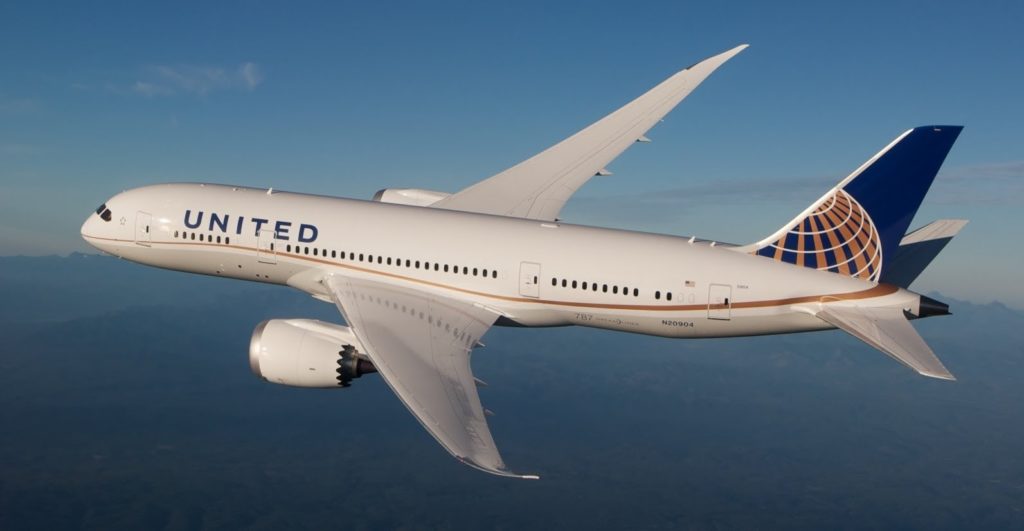
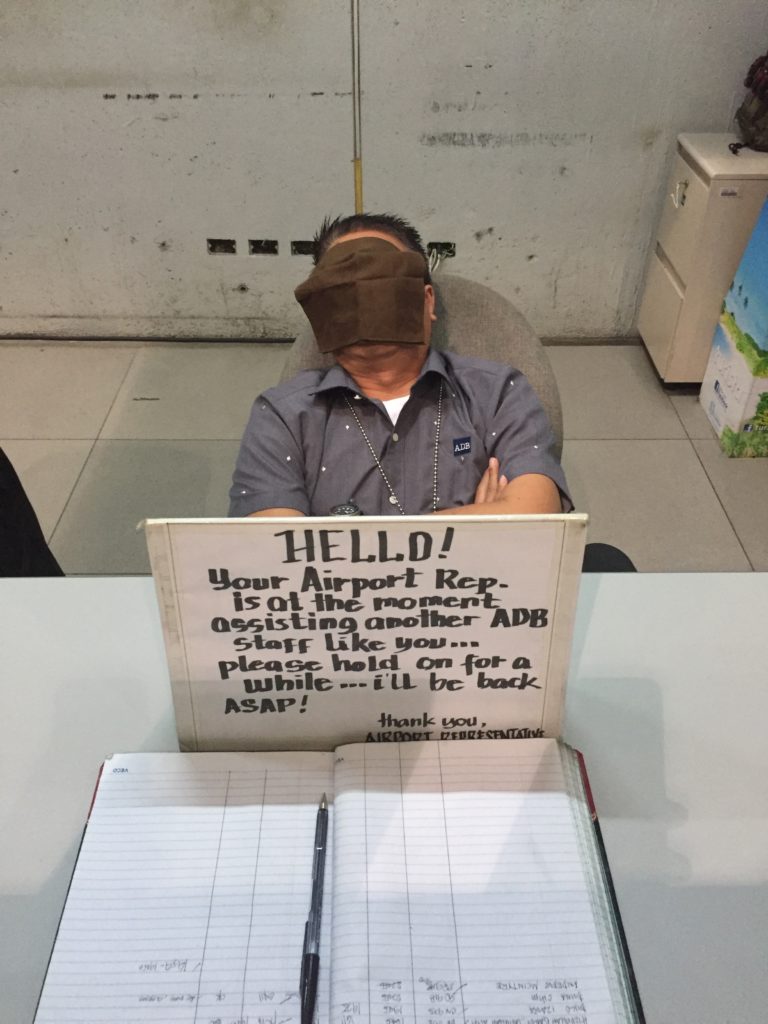
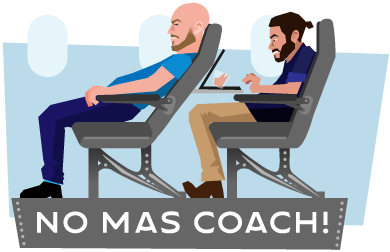

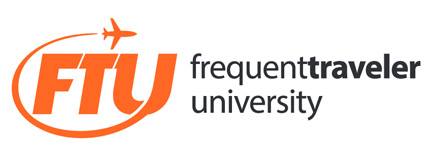


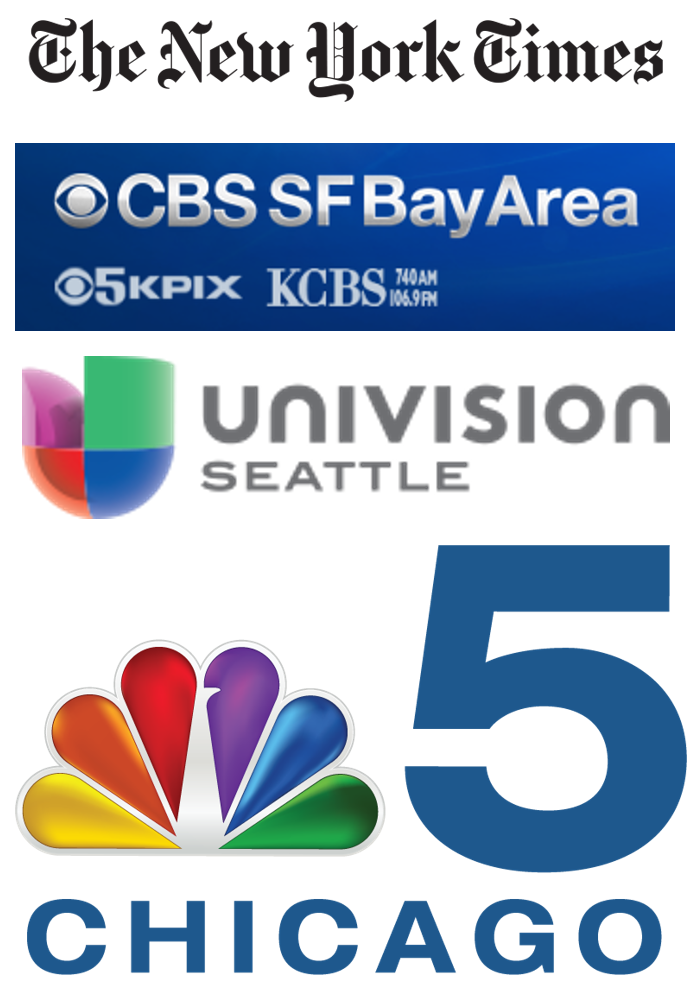
October 21, 2018
It amazes me with all of the cash they burn trying to build brand awareness (including a United ad on this very story), that they can be so shortsighted when it comes to these things. A simple warning letter would have sufficed. Instead, at least a couple BoardingArea bloggers picked it up, as did several news outlets. We all know that no frequent United travelers read these blogs, right??
I hope the poorly attempted cash grab was worth all of the bad publicity…
October 22, 2018
While the debt is not valid, that doesn’t mean that United won’t send him to collections where most agencies will try to collect regardless of the circumstances and also ruin his credit. I’m not saying he should pay it because this is a ridiculous way to approach this, but saying that is not valid will not stop actions from occurring.
I have helped people fight incorrect debt and it is an uphill battle.